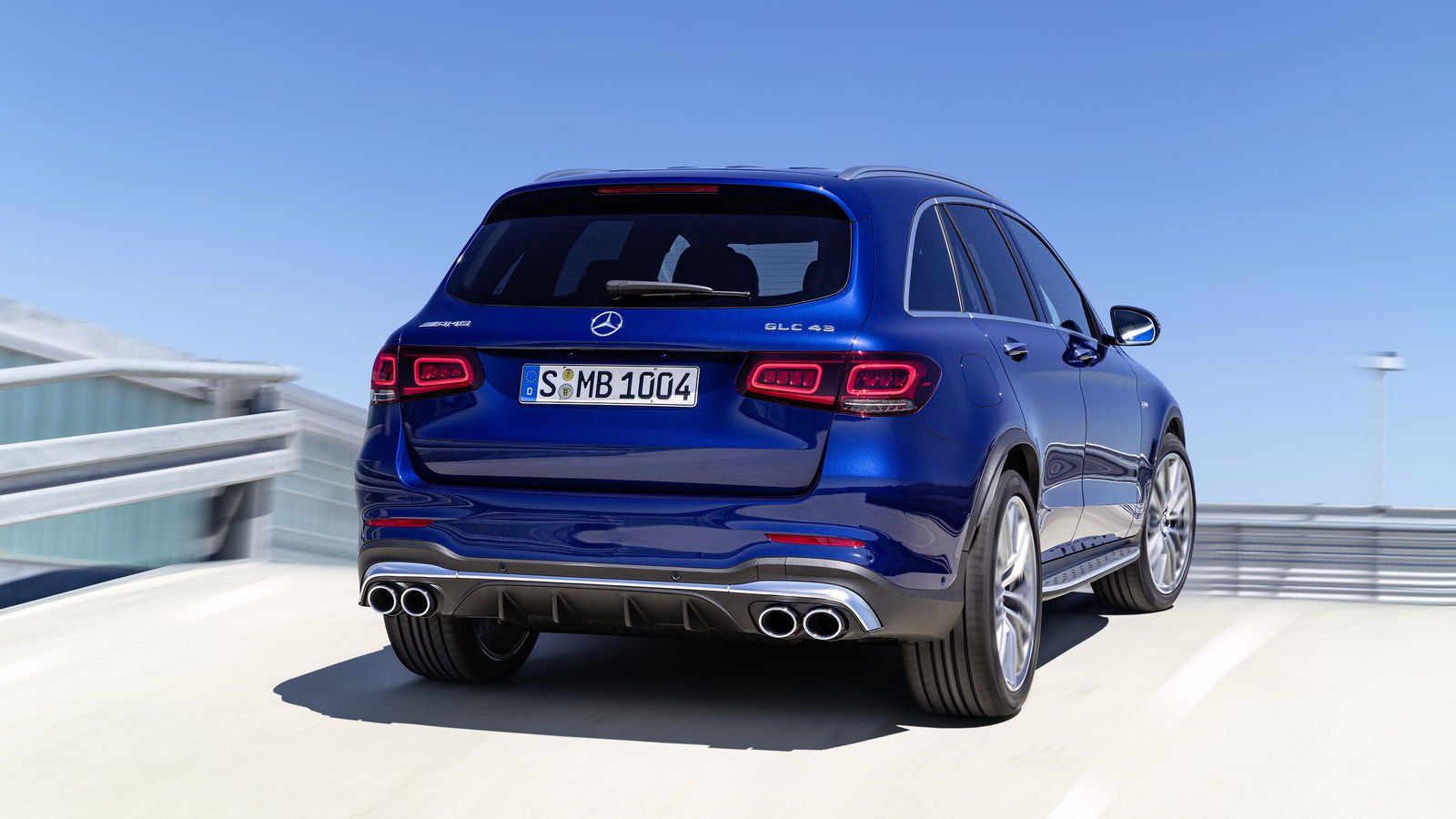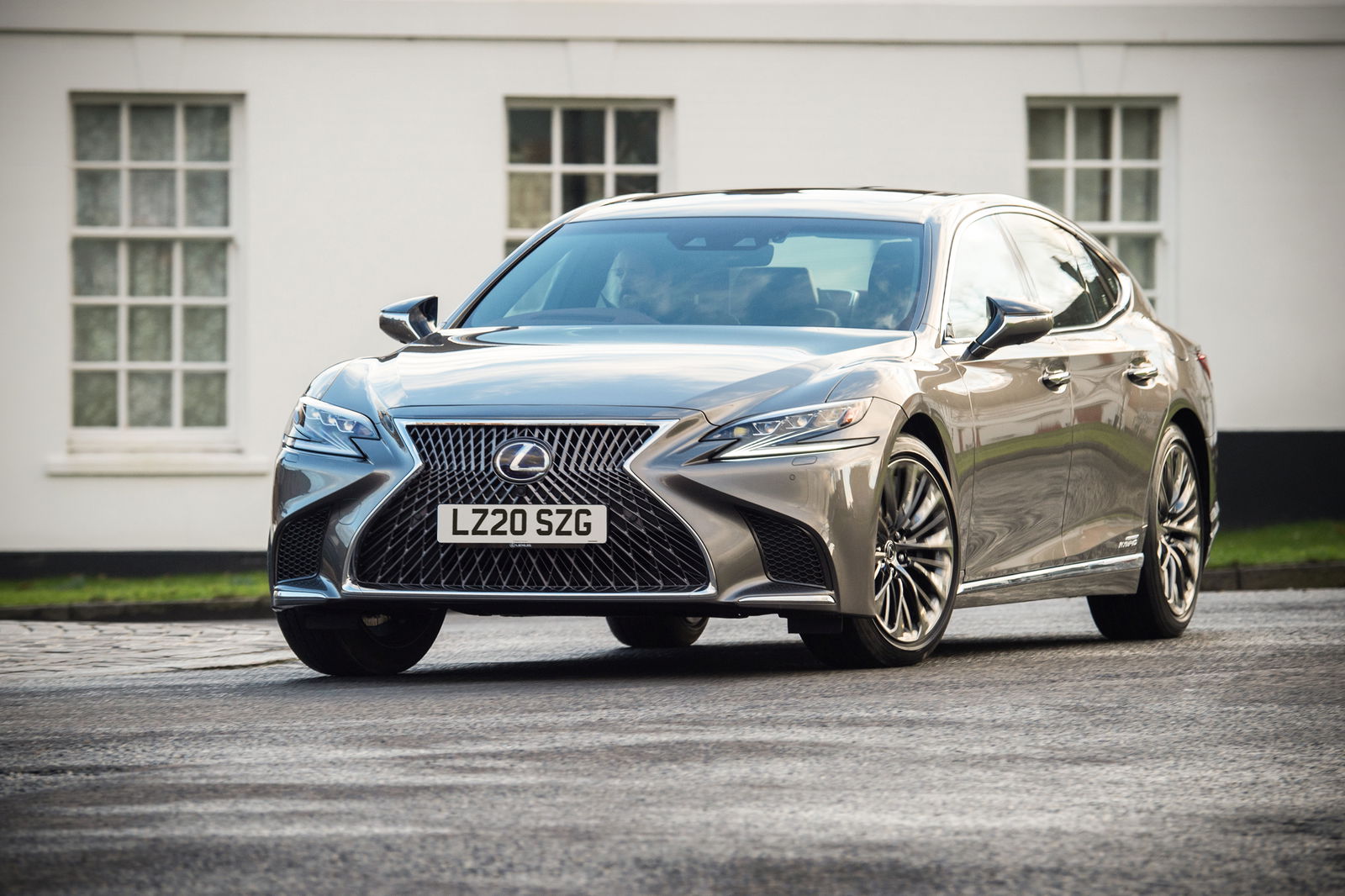France Introduces ‘SUV Tax’ To Curb Sales Of Heavier Cars

France is to introduce a new tax aimed at heavier vehicles like SUVs, effectively punishing their first buyers for the extra resources these cars take to build and operate.
The tax will come in after the 1800kg mark, adding €10 per additional kilogram to the retail price of the car. Using current figures, that would drop an extra €5450 onto the price of a BMW X5 xDrive 30d, while only an absolutely basic Mercedes-Benz GLC would evade extra charges.

France’s own SUVs will escape any extra charges, as the likes of the Peugeot 5008 and Renault Kadjar fall well below the 1800kg threshold. The Jaguar E-Pace isn’t so lucky, though, with as much as €1260 falling atop a list price that already looks pretty likely to rise in the immediate post-Brexit climate.
France already taxes the most-polluting cars with up to €20,000 (£18,250) in additional enviro-naughtiness charges. The move was announced by the country’s environment minister, Barbara Pompili. A source from her department is quoted by news agency Agence France-Presse as saying that the weight tax “is meant to encourage people to avoid very large and heavy models, but also to encourage the industry to take its entire ecological footprint into account and not just emissions.”

Outside of SUVs, the tax will add cost to the heavier half of the BMW 5-series range – up to €2350 on the chunkiest. Audi’s A6 could see an extra €2200 charge; Mercedes’ S-Class up to €5600 and even the hybrid Lexus LS 500 an extra €5400 - although at this time it’s thought that hybrids and ‘family cars’ may eventually be exempt. Good luck drawing the lines on that one, France.
It’s unlikely that the French market alone is big enough for manufacturers to take significant (costly) weight-saving steps to chop hundreds of kilos off their porkiest wares. That said, any cars that are hovering around the 1800-1900kg mark might suddenly see savings in their next iterations.







Comments
But what about EVs? Even a golf sized EV weighs roughly about 1800kg if not more, are they exempt from the tax because of the low emissions?
It’s frankly shocking how heavy some of these cars are. They’re not SUVs, but jacked up hatchbacks, and they’re somehow equal to, or over, two tonnes.
A Kia Optima Estate (as an example since I own an Optima) is noticeably bigger than any of these fake SUVs, yet only weighs 1545kg (1560 with an automatic). Where in the absolute hell does the extra 500kg of weight come from in these jacked up hatchbacks? Much smaller cars like a 2WD Nissan Qashqai still weigh slightly more than the Optima, and I’m not sure how.
So very pointless. All that will happen is these cars will go “hybrid” - Suzuki developed a “hybrid” that uses the starter motor as a generator when you’re braking. It’s otherwise pretty much the same as every other Suzuki, but now it’s legally a “hybrid” even though it basically has the same MPG and emissions ratings as the non-hybrid.
Watch as suddenly lots of “hybrid” SUV’s start popping up in France. Well done, French Bureaucrats, you just solved the world, you win the interwehbs.
This is why I like America, we don’t care about emissions so we don’t have to pay stupid taxes on our cars… yet…